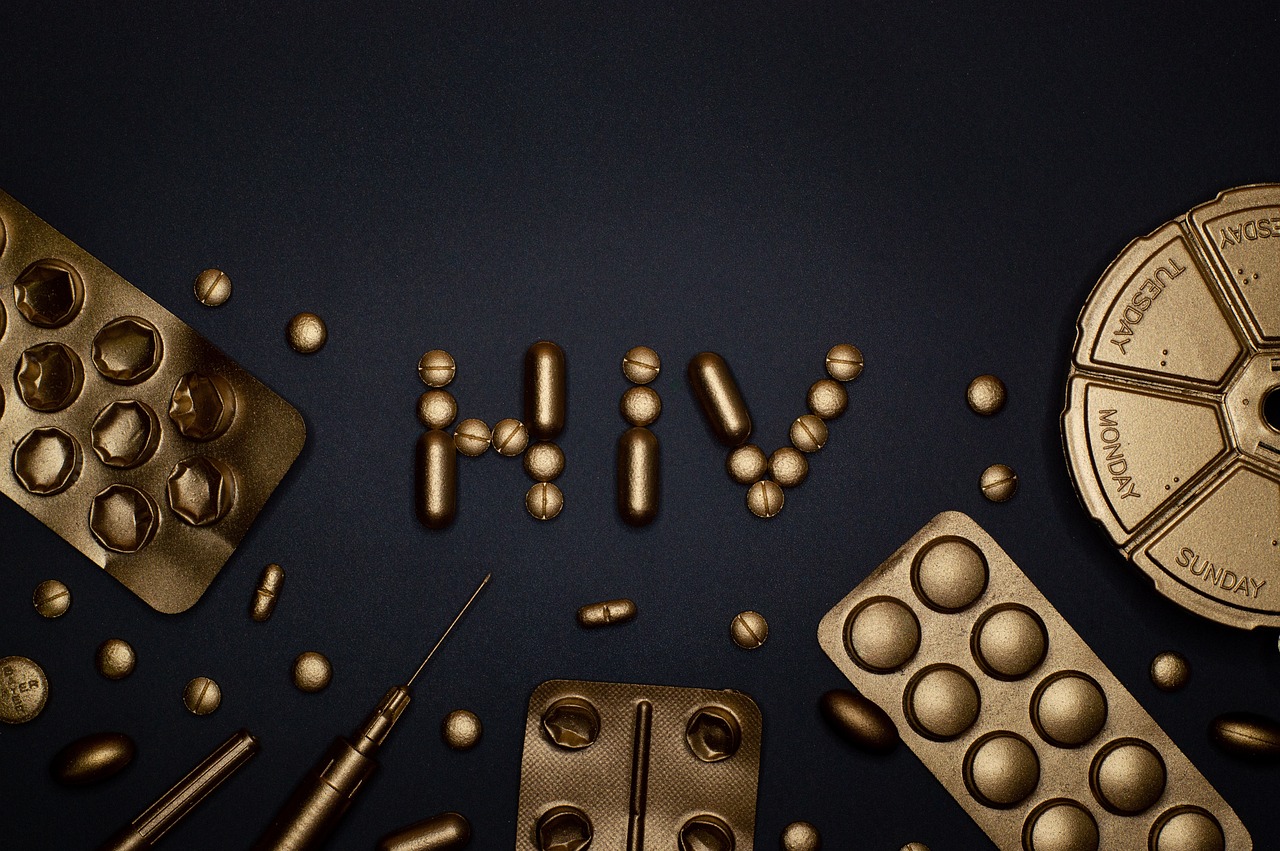Mental Health
Pregnancy Exposure May Determine Risk of Breast Cancer in Multiple Generations of Offspring
A new study suggests that chemicals or foods that raise the level of the hormone estrogen during pregnancy may up the risk of cancer in the next three generations.
According to the study conducted on rats by scientists from Virginia Tech and Georgetown University, environmental damage may be passed from one generation to the next not through genetic mutations, but through "epigenetic" alterations that influence how genomic information is decoded, Medical Xpress reported. However, the findings of the study have not yet been validated in human beings.
For the study, researchers fed pregnant rats a diet supplemented with synthetic estrogen or fat, which increases estrogen levels. The female offspring of the rats, though healthy, harbored a greater than normal risk of mammary cancer.
The finding of the study is significant and provides hope for those sensitive to carcinogens. It paves the way for identification and prevention strategies before cancer strikes, the report said.
"We have shown for the first time that altered DNA methylations modulated by specific diet in normal development are heritable and transgenerational," said Yue "Joseph" Wang, the Grant A. Dove Professor of Electrical and Computer Engineering at Virginia Tech Research Center, Arlington.
"We also identified key methylation alteration sites that may be involved or responsible for increased breast cancer risk, which may serve as novel biomarkers for scientists to develop novel and targeted prevention strategies."
According to Leena Hilakivi-Clarke, a professor of oncology at Georgetown Lombardi Comprehensive Cancer Center, two-third cases of breast cancer that occur in families do not have a known genetic cause. The study findings suggest that it is not genetic mutation but the inherited effects of a high-fat diet and increased estrogen levels which are responsible for the disease running in the families.
"It is becoming clear that the process of epigenetic signaling-which genes are expressed and which genes are silenced-is being affected by a mother's hormonal environment during pregnancy," said Hilakivi-Clarke, who has studied the effects of maternal diet on offspring in animals and humans for more than 20 years.
"The early studies indicate in a normal pregnancy a woman may have more than 20 different estrogen levels, and the highest and the lowest all result in a healthy baby. The challenge has been to understand how something in fetal development can affect breast cancer risk more than 50 years later."
To understand how cancer risk is transmitted in families without genetic mutations, researchers from Virginia Tech developed mathematical models and machine-learning techniques to analyze the changes in DNA methylation status in the female descendants.
DNA methylation, a key process in normal development, allows cells with the same genome to perform different functions by adding chemical groups to DNA to turn some genes on and some genes off.
It was found by the researchers that the next generations of high risk daughters shared hundreds of common DNA regions that were methylated differently than in a control group. This gave the scientists a statistically convincing evidence that breast cancer risk can be transmitted via epigenetic means.
"Ultimately, it may be possible to undo or prevent this harmful methylation and decrease the risk of breast cancer." Wang said.
"A next step will be to study the timing of the intervention and the impacts of the methylation as it occurs in the early, middle or end of the pregnancy. The promising news is pharmacologic or other interventions may be able to reverse the harmful exposure."
The study was led by Sonia de Assis, a postdoctoral researcher in Hilakivi-Clarke's laboratory at the Georgetown Lombardi Comprehensive Cancer Center at Georgetown University Medical Center and was published in Nature Communications.









Join the Conversation